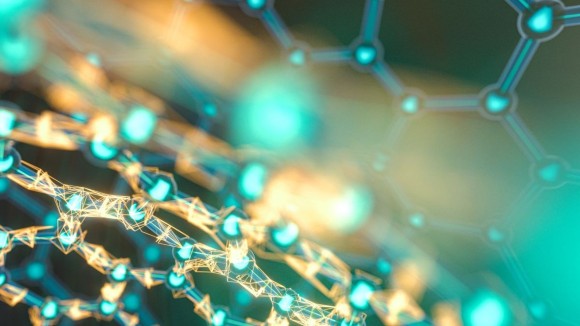 Prof. Karin Odelius is a Professor at KTH Royal Institute of Technology, Stockholm, Sweden. She earned her Ph.D. in 2008 at KTH under the supervision of Professor Ann-Christine Albertsson. In 2016 she was appointed Associate Professor in Fibre and Polymer Technology at KTH. Her research is focused on sustainable polymers, their synthesis applying green approaches, structure-property relationships and chemical recycling.
Prof. Karin Odelius is a Professor at KTH Royal Institute of Technology, Stockholm, Sweden. She earned her Ph.D. in 2008 at KTH under the supervision of Professor Ann-Christine Albertsson. In 2016 she was appointed Associate Professor in Fibre and Polymer Technology at KTH. Her research is focused on sustainable polymers, their synthesis applying green approaches, structure-property relationships and chemical recycling.
 Dr. Haritz Sardon is associate professor at the University of Basque Country and Group Leader at POLYMAT. His research interests focus on the use of the organocatalysis for more sustainable polymer transformations.
Dr. Haritz Sardon is associate professor at the University of Basque Country and Group Leader at POLYMAT. His research interests focus on the use of the organocatalysis for more sustainable polymer transformations.
 Dr Satoshi Honda is currently an Assistant Professor of Chemistry at the University of Tokyo (Japan). He received his PhD from Tokyo Institute of Technology in 2013. Following his PhD, he spent two years at the Tokyo University of Science as Specially Appointed Assistant Professor. He joined the University of Tokyo faculty as Assistant Professor in 2015 and was named an Excellent Young Researcher in 2018. During his current position (2018-2019), he joined Prof. Robert M. Waymouth’s group at Stanford University as a Visiting Scholar. He is the recipient of the Young Scientists’ Prize, Commendation for Science and Technology by Japan Minister of Education, Culture, Sports, Science and Technology, 2020.
Dr Satoshi Honda is currently an Assistant Professor of Chemistry at the University of Tokyo (Japan). He received his PhD from Tokyo Institute of Technology in 2013. Following his PhD, he spent two years at the Tokyo University of Science as Specially Appointed Assistant Professor. He joined the University of Tokyo faculty as Assistant Professor in 2015 and was named an Excellent Young Researcher in 2018. During his current position (2018-2019), he joined Prof. Robert M. Waymouth’s group at Stanford University as a Visiting Scholar. He is the recipient of the Young Scientists’ Prize, Commendation for Science and Technology by Japan Minister of Education, Culture, Sports, Science and Technology, 2020.

